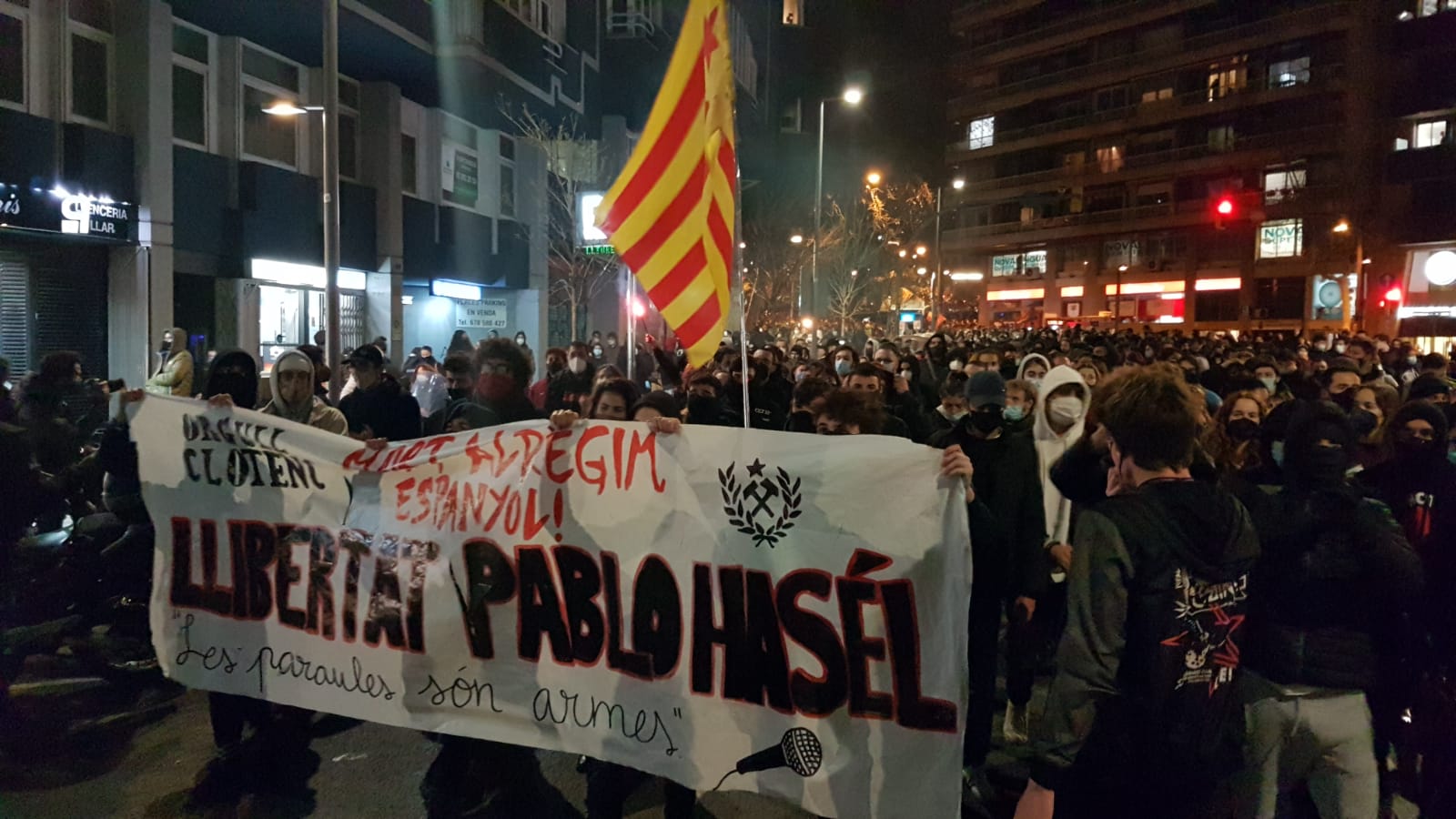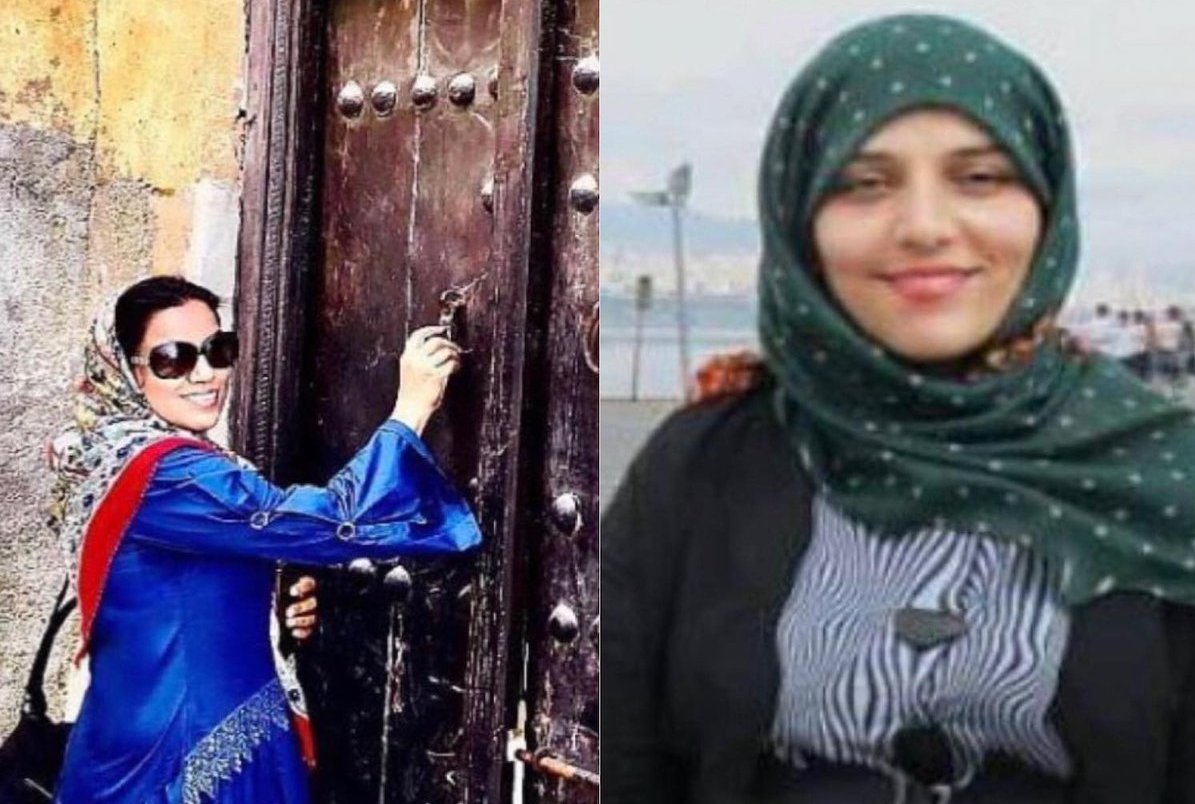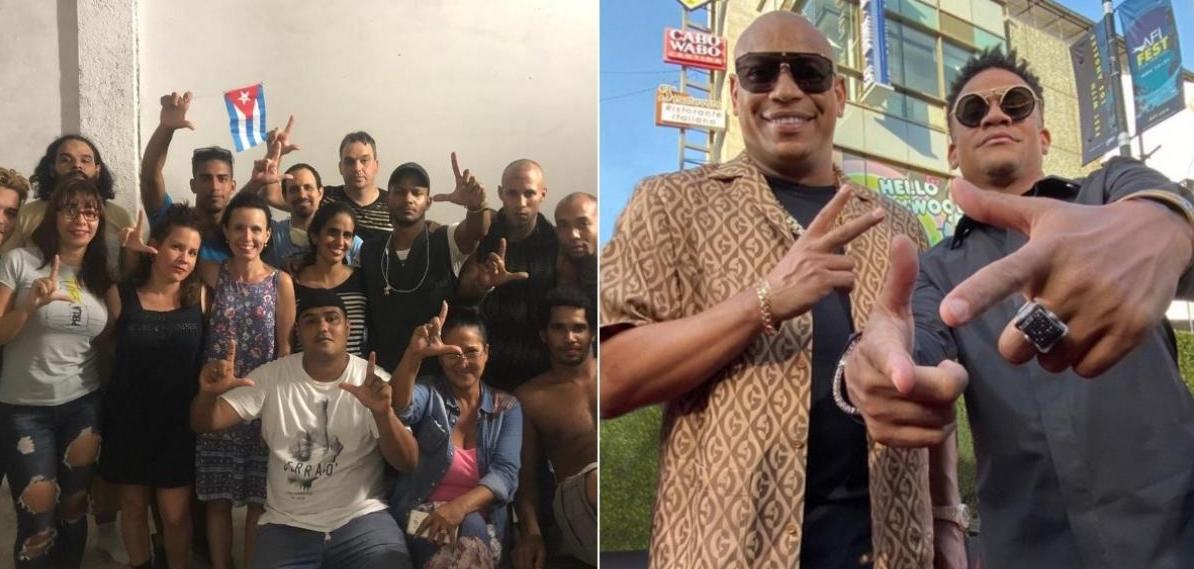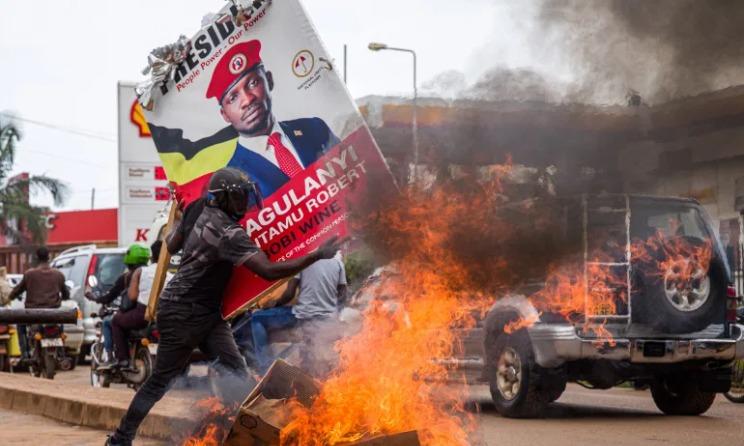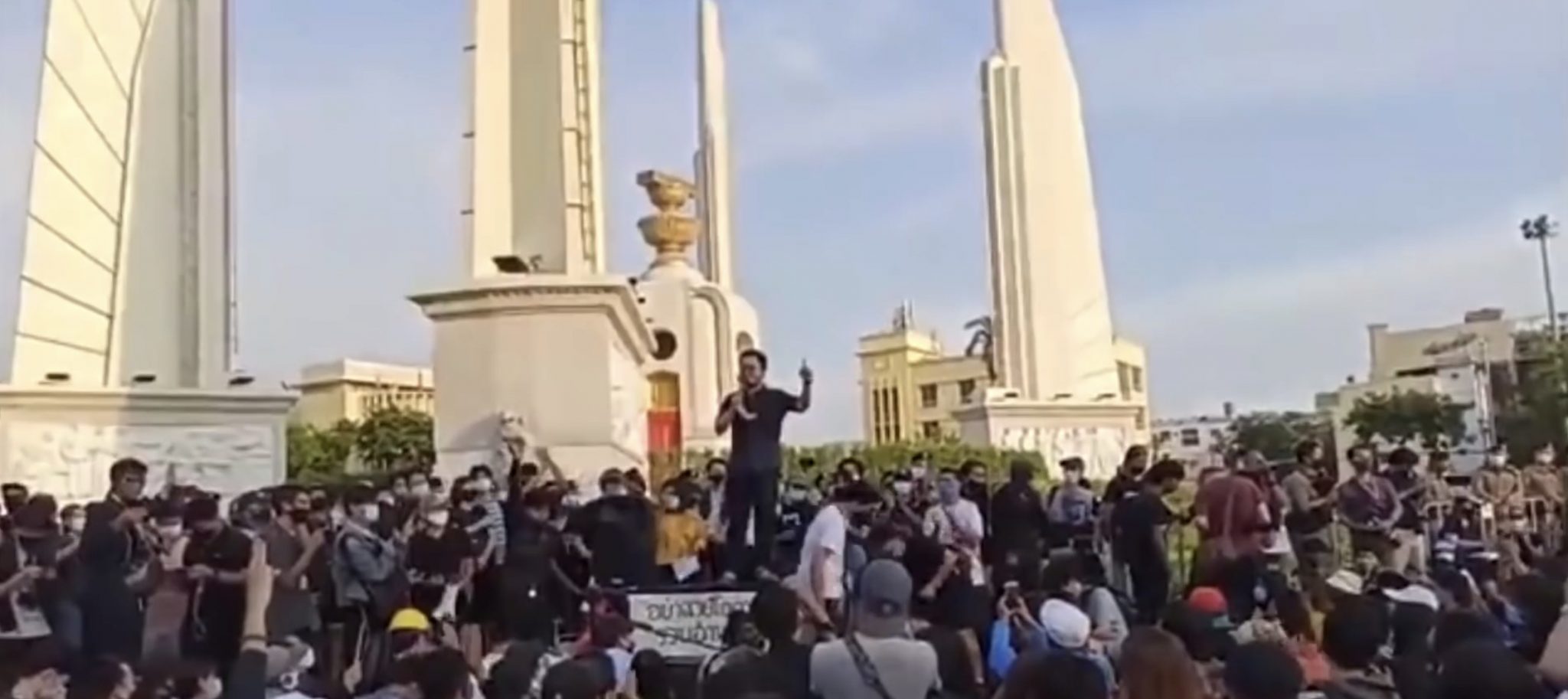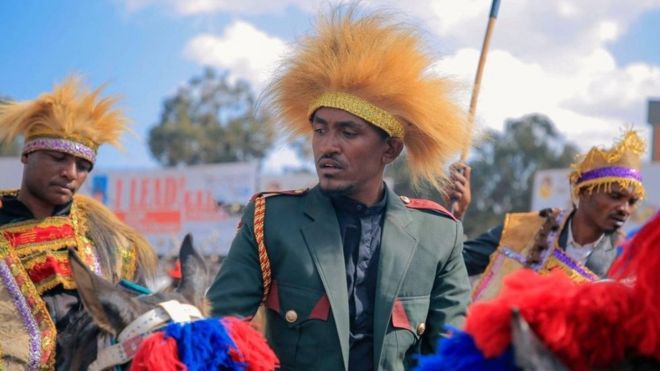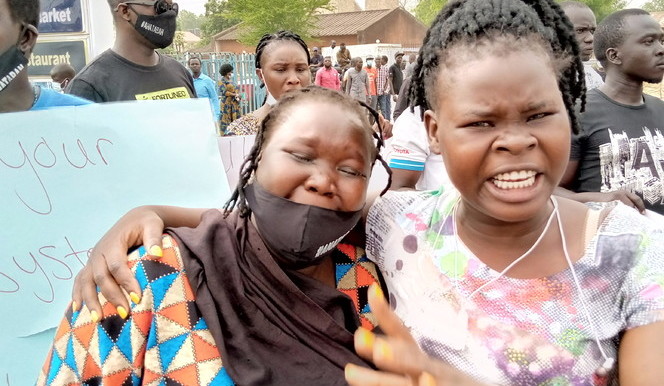
South Sudan: protests after singer’s death
Juba, capital of South Sudan, saw street protests after popular singer Trisha “Cee” Cosmaswas killed when the bici-taxi she was riding in was struck by a truck. At least a score were arrested in the demonstrations, and the local Community Empowerment for Progress Organisation (CEPO) charged that peaceful protesters were swept up by police. A demonstration called by youth group Anataban decried both lawless motorists on the capital’s streets and a lack of emergency services. Tanker-trucks delivering water to districts where residents have no indoor plumbing have been involved in several such incidents. Speaking before his arrest, one activist told local Radio Tamazuj, “The same government that gives foreigners driving licenses, without a street driving test, has failed to provide health services, and many people have died because of water truck accidents.” (Photo: Radio Tamazuj)



